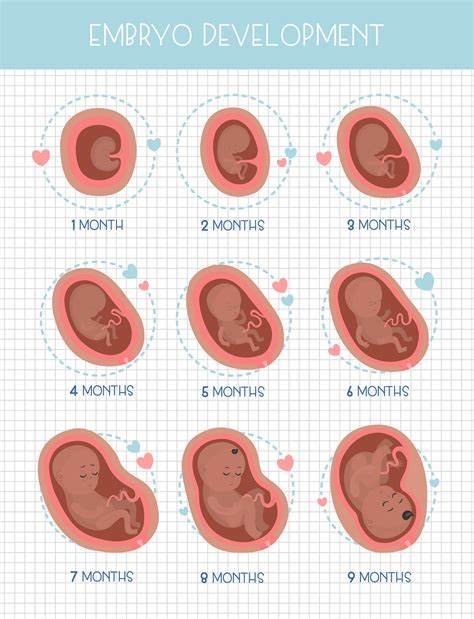
Signs You Might Be Pregnant
Pregnancy brings a variety of changes to the body, some of which may appear early on. Recognizing these signs can help you determine whether you might be pregnant. While these signs of pregnancy are common, they can vary from person to person and may sometimes resemble other conditions. If you suspect you’re pregnant, confirm with a medical professional for accurate results.

1. Missed Period
One of the earliest and most common signs of pregnancy is a missed period. If your menstrual cycle is regular and you notice a delay, it could indicate pregnancy. However, stress, hormonal imbalances, or other factors can also cause missed periods.
2. Nausea or Morning Sickness
Many pregnant individuals experience nausea, often referred to as morning sickness. This symptom can occur at any time of the day and typically begins around the sixth week of pregnancy. Hormonal changes are a significant contributor to this discomfort.
3. Tender or Swollen Breasts
Hormonal shifts during early pregnancy may cause your breasts to feel tender, swollen, or sore. This sensitivity can resemble premenstrual symptoms but may be more intense and prolonged.
4. Fatigue
Increased levels of the hormone progesterone can make you feel unusually tired during early pregnancy. Fatigue may also stem from the physical and emotional changes your body undergoes in preparation for pregnancy.
5. Frequent Urination
If you find yourself visiting the bathroom more often than usual, it could be an early pregnancy sign. Hormonal changes increase blood flow to the kidneys, prompting frequent urination.
6. Mood Swings
Fluctuating hormones can lead to mood swings, causing heightened emotions or irritability. These changes are natural as your body adjusts to pregnancy.
7. Food Cravings or Aversions
Early pregnancy can alter your sense of taste and smell, leading to cravings for certain foods or aversions to others. These changes may be subtle or pronounced, depending on the individual.
8. Light Spotting or Implantation Bleeding
Some individuals experience light spotting or implantation bleeding, which occurs when the fertilized egg attaches to the uterine lining. This typically happens around 6–12 days after conception and is often mistaken for a light period.
9. Increased Sensitivity to Smells
Heightened sensitivity to smells is another common early pregnancy symptom. Scents that you previously enjoyed might now cause discomfort or nausea.
10. Mild Cramping or Bloating
Mild cramping or bloating may occur during early pregnancy due to hormonal changes and the body’s preparation for the growing baby. These symptoms can feel similar to premenstrual cramps.
Conclusion
Recognizing the signs of pregnancy can help you take the necessary steps toward confirmation and care. If you experience these symptoms, consider taking a home pregnancy test or consulting a healthcare provider for confirmation. Early detection is essential for ensuring a healthy and supported pregnancy journey.






